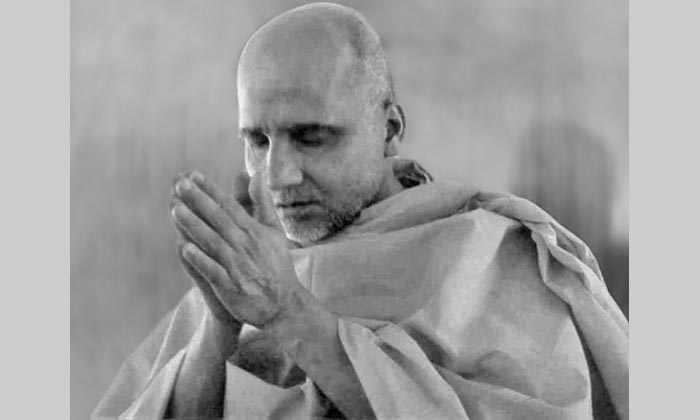A Catechism of Hinduism -III.1 : Swami Krishnananda
12/02/2019
III.1
Q: Which are its Scriptures?
A: The principal Scriptures of Hinduism are :
• the Vedas, consisting of the Samhitas, Brahmanas, Aranyakas and Upanishads
• the Smritis, of which the most important are of Manu, Yajnavalkya and Parasara
• the Itihasas, viz., the Ramayana and the Mahabharata (which contains the Bhagavadgita)
• the eighteen Puranas.
Q: Which are the other important books written on it, and who are their authors?
A: The other important texts associated with Hinduism, apart from the basic canons mentioned above, are : 4.
• the Agamas and Tantras (mystical and esoteric texts)
• the Purva-Mimamsa and the Uttara-Mimamsa schools of theology and philosophy
• the writings of the great exponents and commentators in the field of philosophy and religion, such as the Acharyas, viz., Sankara, Ramanuja, Madhya, Vallabha, Nimbarka, Gauranga Mahaprabhu and Krishna Chaitanya, as well as the propounders of the religious schools of Vaishnavism, Saivism and Shaktism in a variety of ways, which are all too vast to be enumerated here. The latter include the writings of the saints and sages who taught religion in its manifold phases.
Q: What is the method of prayer?
A: Within the fold of the Hindu religion, prayer is mainly an inward contemplative submission before the Almighty felt as an immediate presence. But in popular practice, this inward feeling of presence is usually expressed as recitations or chants of mantras or passages from the scriptures, such as the Vedas, Itihasas and Puranas. Prayer is offered either individually by one’s own self in private, or collectively in a congregation, as it may be necessary. It may be verbally articulated or mentally contemplated with feeling.
Q: What are the rituals?
A: Ritual in the Hindu religion is a manifestation through external performances of one’s inward feeling of worship and adoration of the Almighty.
The basic rituals consist of : 5.
• ceremonial worship known as puja, as is usually seen being conducted in temples and shrines
• recitation of the Divine Name, known as japa
• prayer, known as prarthana
• ceremonies connected with the stages of one’s life, the seasons of the year, as well as special occasions or holy days connected with the advent of a Divine Incarnation, the birthday of the Saint, or the departing day of any person.
The most important duties of a householder are the five great sacrifices known as the pancha-mahayajnas (i.e., the daily service to gods, guests, ancestors, sages, and the lesser creations like animals and birds) and the daily obligatory prayer known as sandhya-vandana, the latter imperative being applicable to all stages of life except of the sannyasin.
To be continued ..





Comments